
With the arrival of a new fibre optic submarine cable in the South Pacific, the Cook Islands government enacted a new policy to open the telecommunications market to competition.
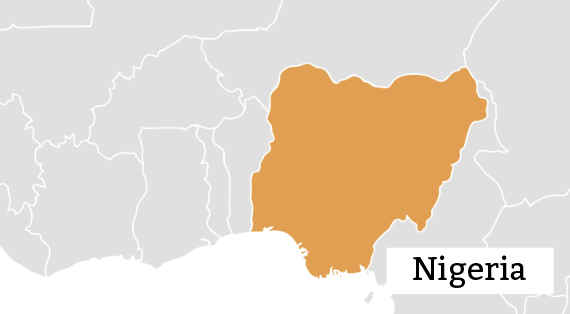
Some Nigerian state governments reduce or remove Right of Way fees in order to stimulate broadband infrastructure development.
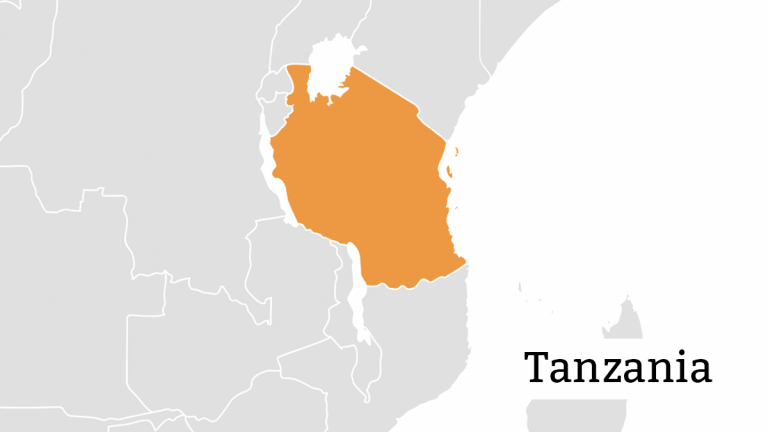
Tanzania is undergoing strategic policy reform to encourage competition and innovation and to guide infrastructure sharing in order to expand connectivity to rural areas.
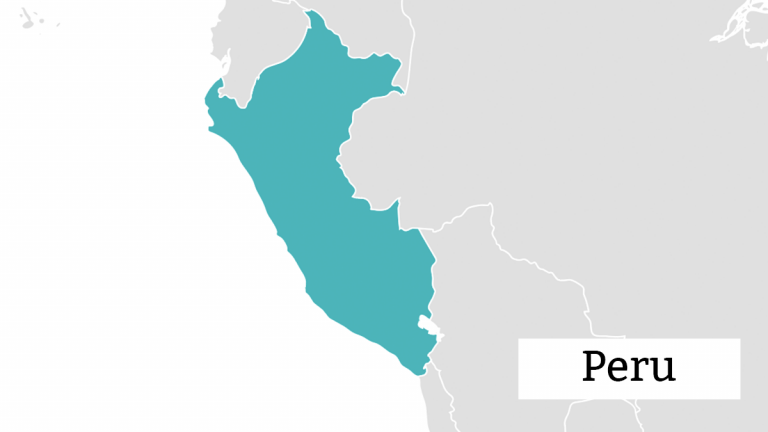
Internet para Todos integrates open access principles and innovative technologies to deliver internet access to more than 6.8 million people living in rural areas of Peru.
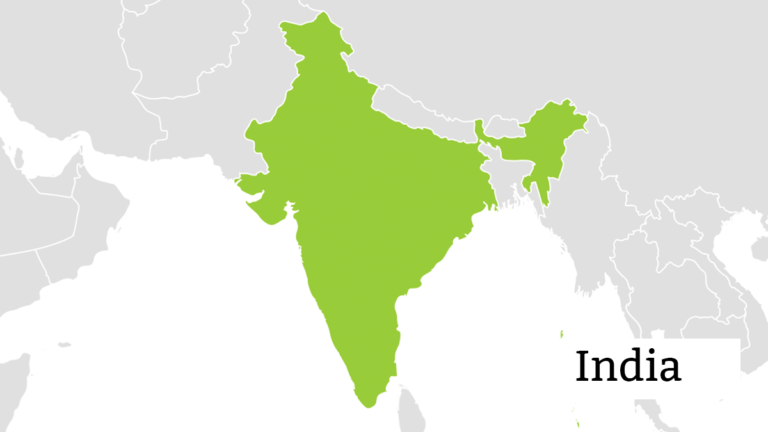
India’s enabling regulatory approach to passive and active infrastructure sharing reduces costs for operators and enables rapid deployment of mobile services.
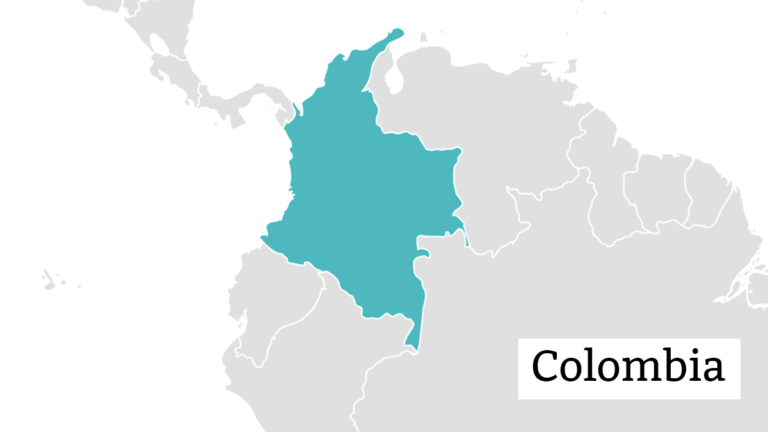
The regulator has continuously passed regulations to encourage passive infrastructure sharing as a means to expand mobile connectivity.

A cross-sectoral partnership helps finance an undersea submarine cable in Vanuatu to completely transform internet access and affordability for its residents across a wide archipelago.
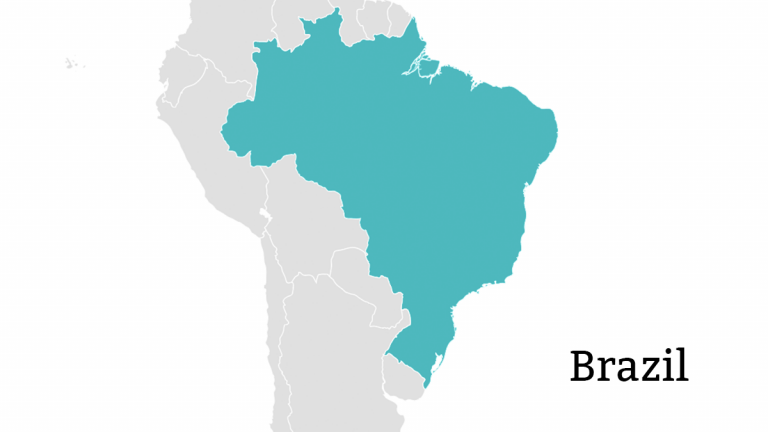
Winning the opportunity to host the World Cup and the Olympics in the same decade was a significant boost to Brazil during a period when it was one of the world’s fastest growing economies. However, this success drew attention to…
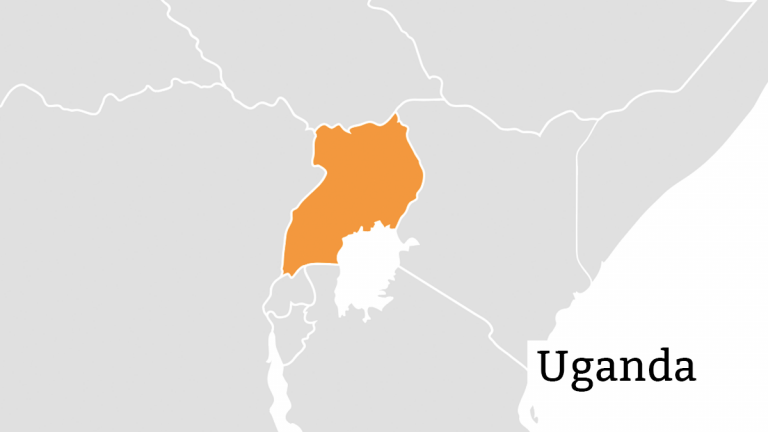
Uganda addressed years-long delays to launch an ambitious plan to lay fibre-optic backbone infrastructure throughout its entire territory and improve citizen access to government services.









